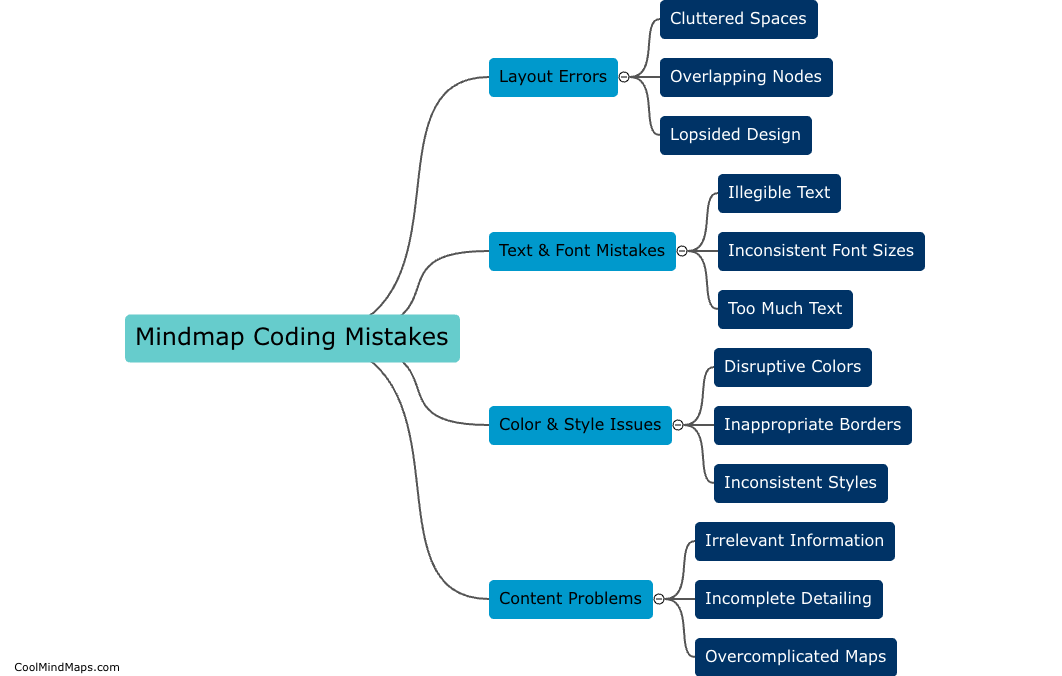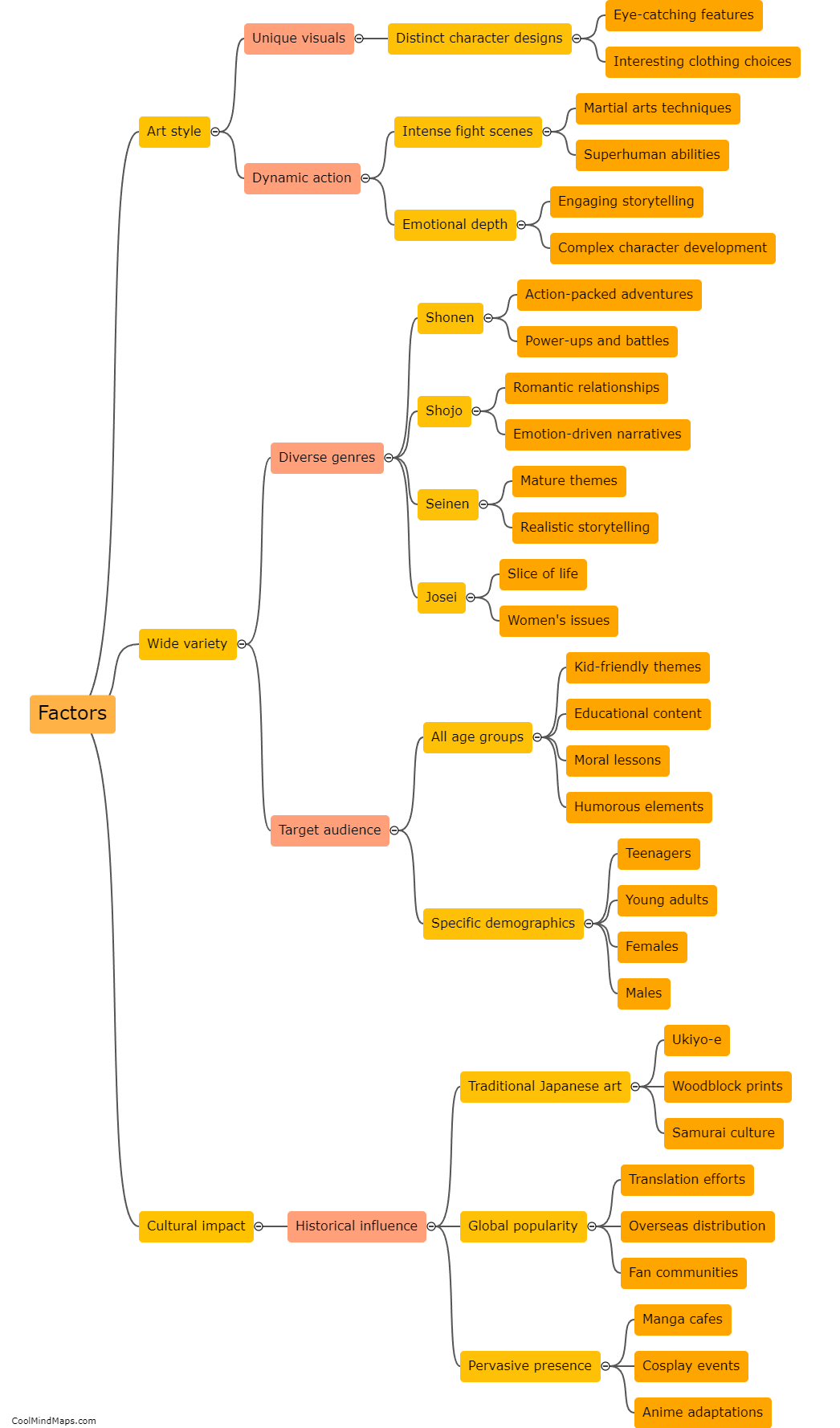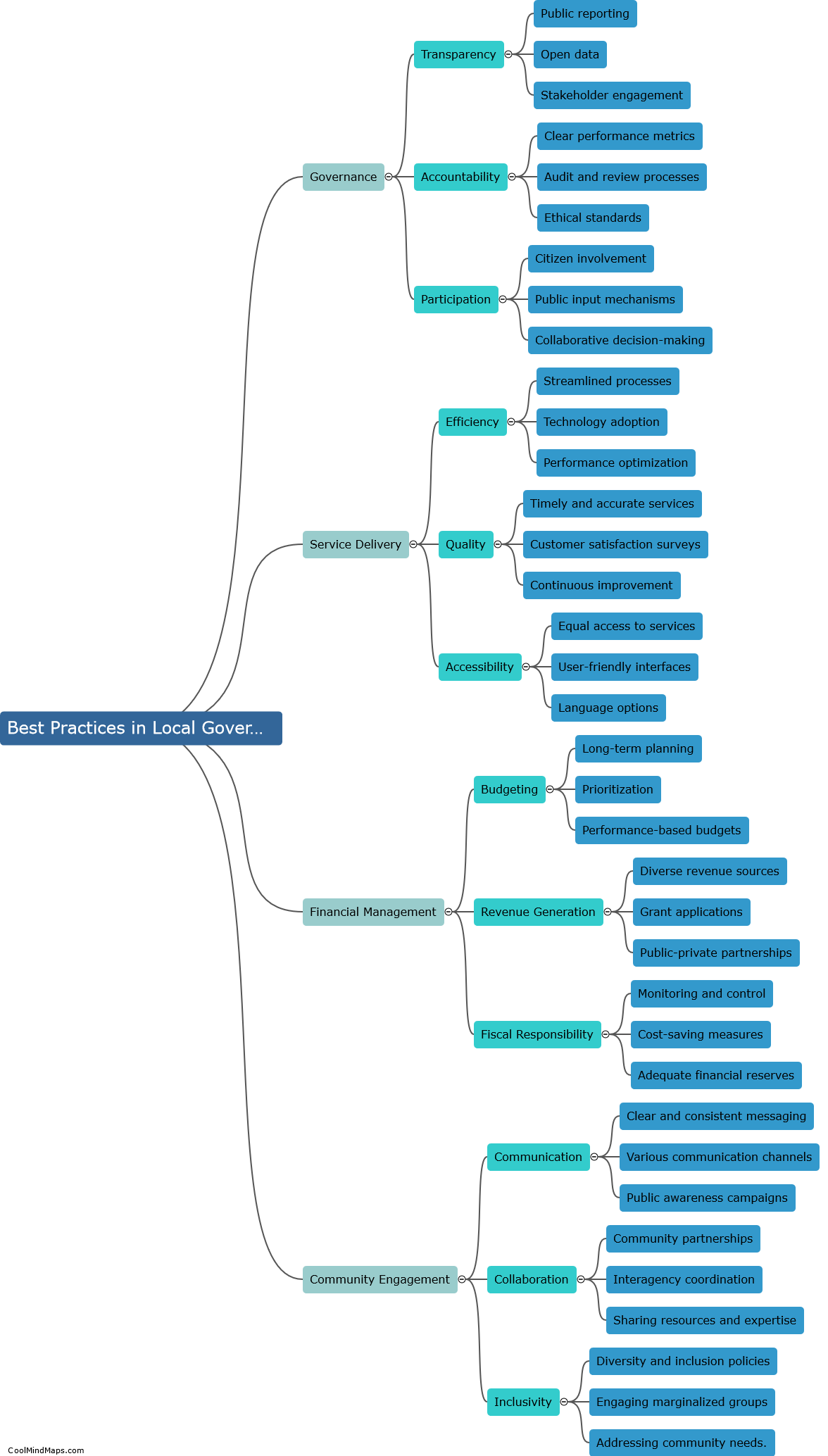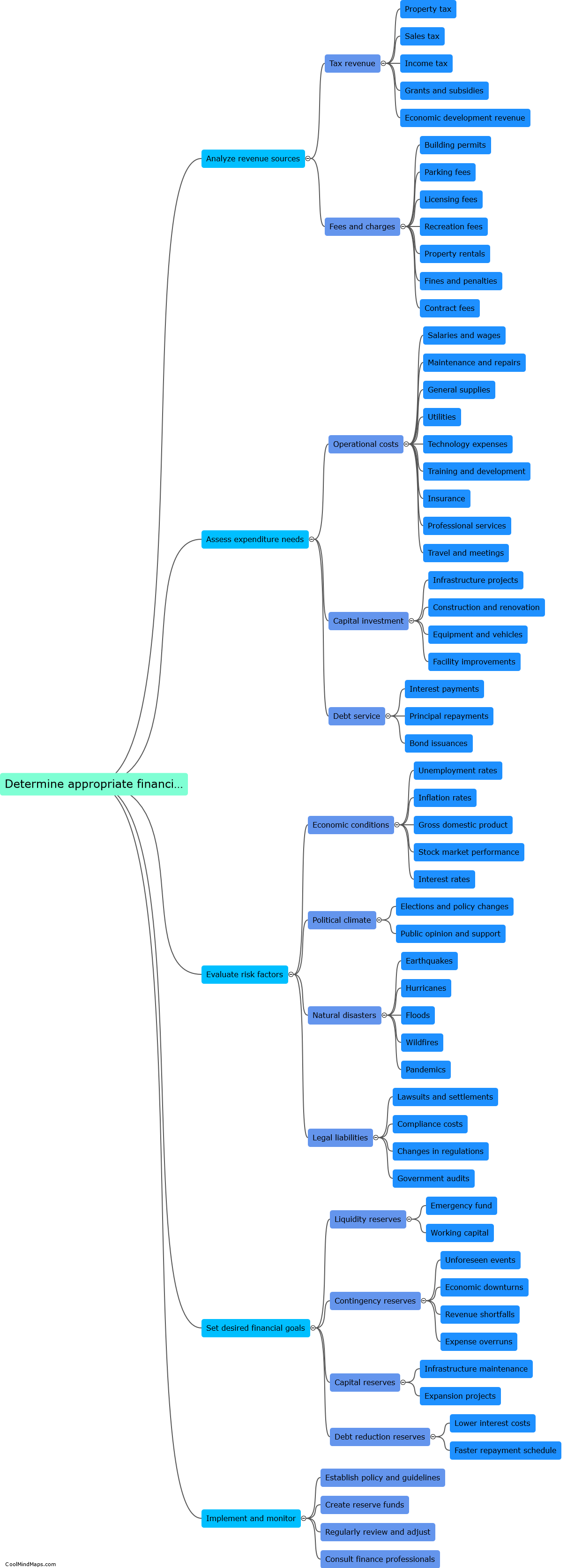How do enzymes work?
Enzymes are proteins that act as catalysts, facilitating biochemical reactions in living organisms. They work by lowering the activation energy required for a reaction to occur, thereby increasing the rate of the reaction. Enzymes achieve this by binding to a specific substrate, forming an enzyme-substrate complex. This complex undergoes structural changes, allowing the enzyme to convert the substrate into the desired product. The active site, a specific region on the enzyme, plays a critical role in substrate binding and catalysis. Enzymes are highly specific, recognizing only certain substrates due to the complementary shape and chemical properties of their active site. These proteins also demonstrate remarkable efficiency, often catalyzing reactions at speeds several orders of magnitude faster than non-biological catalysts. As enzymes are not consumed during the reaction, they can be reused, making their presence essential for maintaining the overall metabolic processes and homeostasis within cells.
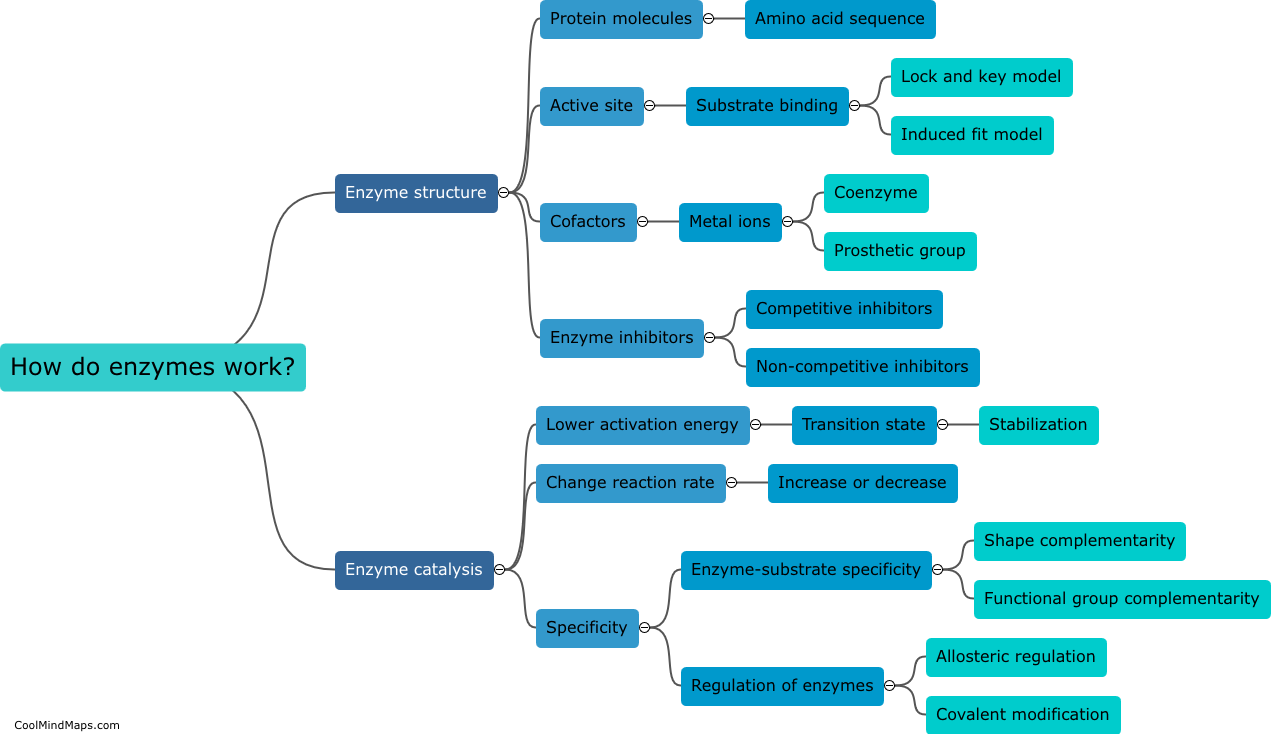
This mind map was published on 6 December 2023 and has been viewed 109 times.


